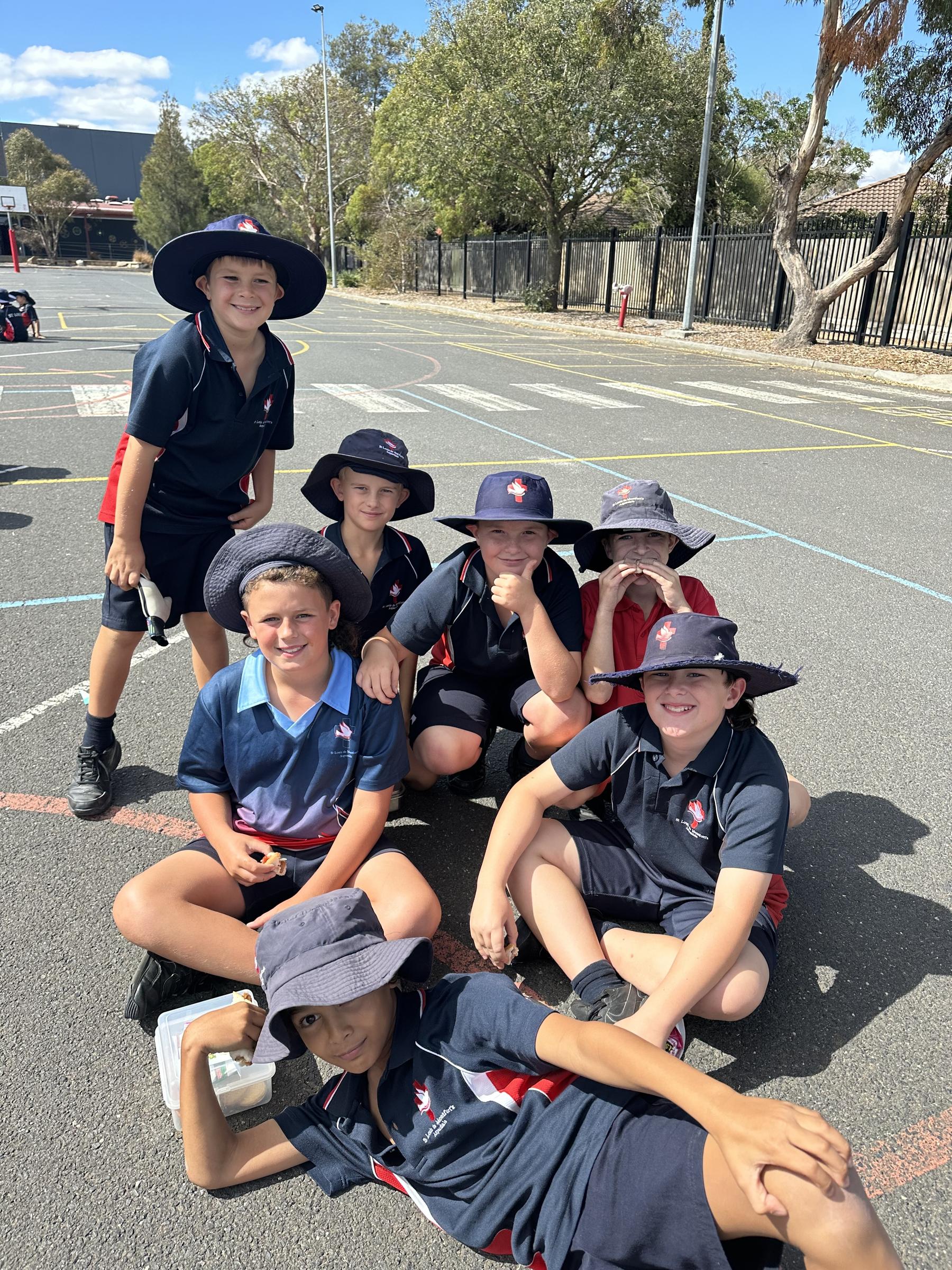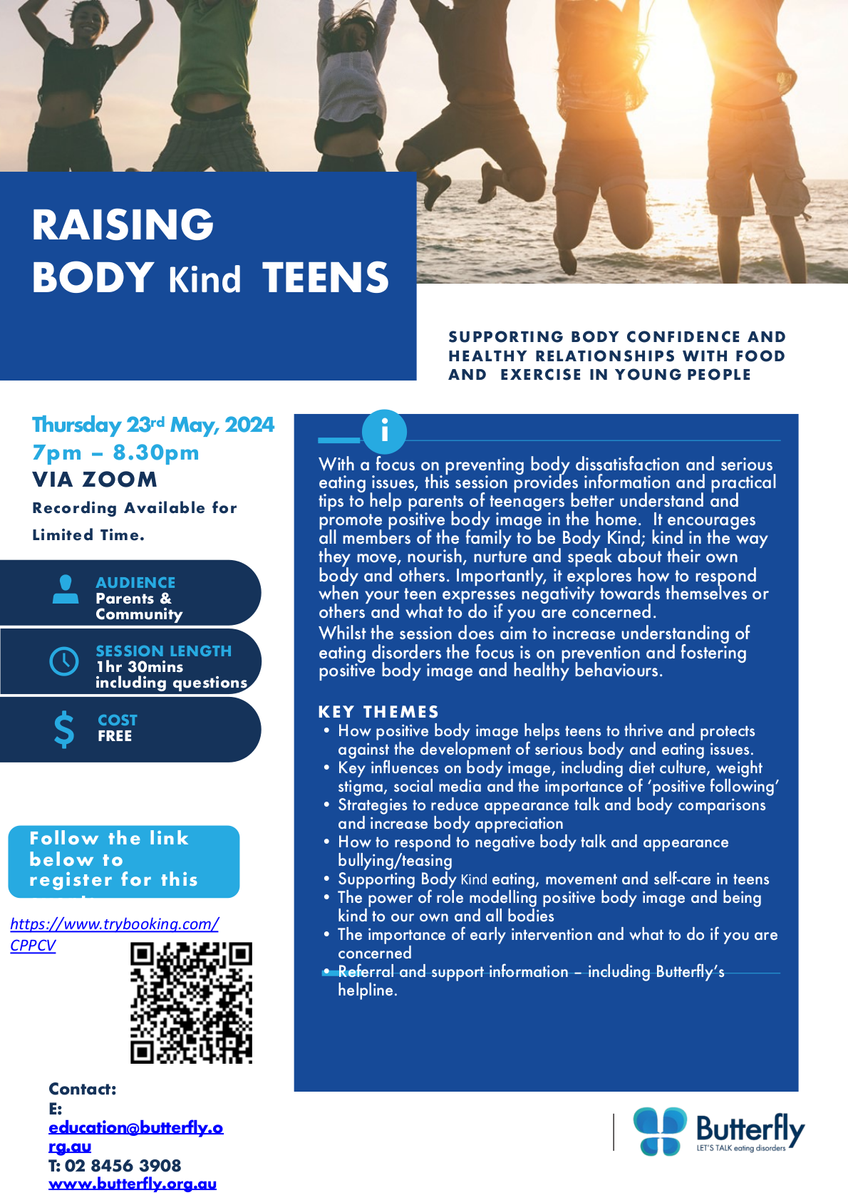Wellbeing

Imagine a gender equal world. A world free of bias, stereotypes, and discrimination. A world that is diverse, equitable, and inclusive.
A world where difference is valued and celebrated.
This is the world we want to create!
There has been a lot going on in our country over the start of this year and lots in the media presently about domestic violence and the need to take action. As part of our core curriculum St Louis is committed to implementing the Rights, Resilience and Respectful Relationships curriculum from Prep to Year 6. Outlined below is some information for people who may not be familiar with RRRR.
Resilience, Rights & Respectful Relationships
The Royal Commission into Family Violence identified the critical role that schools and early childhood education have in creating a culture of respect to change the story of family violence for future generations.
In 2016, Respectful Relationships Education became a core component of the Victorian Curriculum from foundation to year 12, and is being taught in all government and Catholic schools and many independent schools.
Everyone in our community deserves to be respected, valued and treated equally. We know that changes in attitudes and behaviours can be achieved when positive attitudes, behaviours and equality are embedded in our education settings.
Respectful Relationships is about embedding a culture of respect and equality across our entire community, from our classrooms to staff rooms, sporting fields, fetes and social events. This approach leads to positive impacts on a student's academic outcomes, their mental health, classroom behaviour, and relationships between teachers and students.
St Louis students will be developing their personal, social and emotional skills through a series of learning experiences that are developed for specific age appropriate teaching points on the topics covered.
The topics that are covered include:
1.Emotional Literacy
Emotional literacy can be defined as the ability to understand ourselves and other people. It includes the ability to understand, express and manage our own emotions, build empathy, and to respond appropriately to the emotions of others. Building a large vocabulary for emotions helps to increase emotional literacy and build self-awareness and empathy for others.
2.Personal Strengths
Children and young people need a vocabulary to help them recognise and understand strengths and positive qualities in themselves and others. This topic provides learning activities to build this vocabulary and to use it when discussing personal, social and ethical challenges. Research in the field of positive psychology emphasises the importance of identifying and using individual strengths.
3.Positive Coping
Learning activities in this topic provide opportunities for students to identify and discuss different types of coping strategies. When children and young people develop a language around coping, they are more likely to be able to understand and deliberately utilise a range of productive coping strategies and diminish their use of unproductive coping strategies. Students learn to extend their repertoire of coping strategies and benefit from critical reflecting on their own choices and being exposed to alternative options. Activities introduce students to the concept of self-talk and practice using positive self-talk to approach and manage challenging situations.
4.Problem Solving
Problem-solving skills are an important part of the coping repertoire. The classroom program provides a number of learning activities to develop students’ problem-solving skills. The activities in the program assist students to develop their critical and creative thinking skills, and to apply them to scenarios exploring personal, social and ethical dilemmas.
5.Stress Management
Children and young people experience a range of personal, social and work-related stressors in their everyday lives. Activities within this topic have an explicit focus on teaching positive approaches to stress management. Assisting students to recognise their personal signs and symptoms of stress, and to develop strategies that will help them to deal with stress effectively, will help students cope with future challenges. The activities focus on the ways in which self-calming strategies can be used to manage stressful situations.
6.Help-Seeking
Learning activities in this topic area are designed to help students discuss the importance of seeking help and providing peer support when dealing with problems that are too big to solve alone. This helps to normalise and destigmatise help-seeking behaviour. Scenario-based activities help students identify situations in which help should be sought, identify trusted sources of help, and practice seeking help from peers and adults.
7.Gender and Identity
Learning activities within this topic assist students to challenge stereotypes and critique the influence of gender norms on attitudes and behaviour. They learn about key issues relating to human rights and gender identity, and focus on the importance of respect within relationships. The activities promote respect for diversity and difference.
8. Positive Gender Relations.
Learning activities within this topic focus on building an understanding of the effects of gender-based violence and focus on the standards associated with respectful relationships. Students develop the skills needed to solve problems, set boundaries within relationships, and play an active role within the prevention of gender-based violence. They develop peer support and help-seeking skills that can be applied in response to situations involving gender-based violence in family, peer, community or on-line relationships.
Free Parent Webinar - City of Kingston

